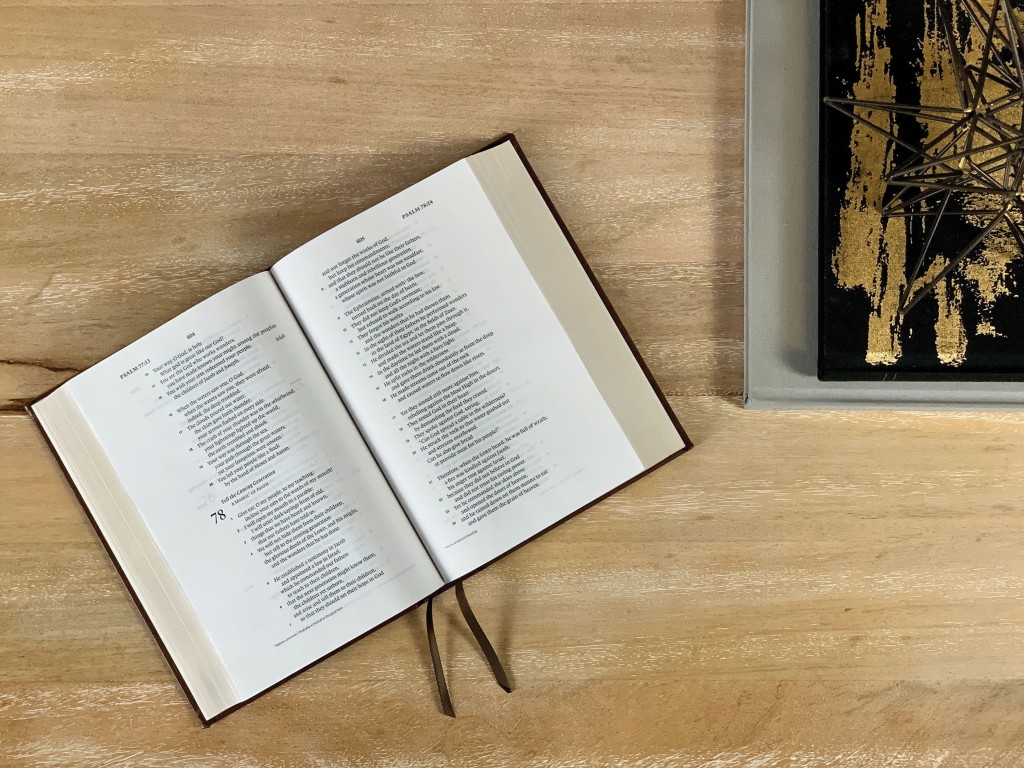You have free articles remaining this month.
Subscribe to the RP Witness for full access to new articles and the complete archives.
The historical psalms stir our souls by helping us remember God’s actions for His people in the past, reviving our hope, and shaping the contours of our very identity. Historical Psalms, as a genre, refers to those that tell the corporate history of God’s people. The most prominent historical Psalms are 78, 105–107, and 135–137. Others include 44, 68, 80, 81, 89, and 114. They tell the story of what the Lord has done to deliver and establish His church. They can be challenging because the biblical stories they cite are often small in our memories; the people and places mentioned therein seem remote.
C.S. Lewis, in his work on the Psalms, wrote: “I say nothing about the long historical Psalms, partly because they have meant less to me, and partly because they seem to call for little comment.” We could more easily scold Lewis if we were not so honestly tempted to think the same way. The historical Psalms are hard. Metrical psalters like The Book of Psalms for Worship helpfully break these longer psalms into shorter selections, but challenges remain.
As I grew up, we sang Psalm 78A with great regularity, but rarely did we sing the following seven selections. The irony is that in 78A we sang “my mouth shall speak a parable…” but then usually failed to recount the story that follows. A little girl would never stand for her father saying, “Let me tell you a story,” and then walking away! We too must insist that God’s story be told in song.
The Lord designed these psalms to remind us of His goodness and grace toward us and our people in time and space, to exhort us not to repeat the sins of prior generations, to warn us of the Lord’s judgments, and to inspire us to place our trust in the Lord in fresh ways as we look together to Christ. These purposes also enable us to worship the Lord in song.
Psalm 78 brings all these themes of the historical psalms into view. It begins by speaking of the people it is designed to serve. The author speaks to the generation listening (v. 1). He reminds us that our fathers told these things to us (v. 3). The listening generation was to tell the next generation (v. 4), and finally the generation yet unborn would rise to tell its generation (v. 6). At least four generations are specifically mentioned, not dissimilar to the four generations of discipleship envisioned in 2 Timothy 2:2. All of God’s people in history need to be collectively shaped by this shared memory.
Psalm 78 summons singers to know the glory of God and His works (v. 4) that they might set their hope on Him and express such hope through faith and obedience (v. 7). The stories are told to warn us not to be like our stubborn and rebellious fathers (v. 8).
Verses 9 and following tell of the failings of God’s people in the wilderness in spite of God’s redemption of them from Egypt. The psalmist recounts the Lord’s miraculous provision of water, bread, and meat, and the persistent unbelief of Israel. God’s people still use God’s gracious acts to fuel their own sin (vv. 9-31). So, the Lord punishes them, they return, and then they turn again to their own rebellious ways (vv. 32-41). Singers must remember that those of old rebelled and forgot God’s redemption in the 10 plagues. They forgot God their shepherd (vv. 42-53). The psalmist calls to mind the Lord’s gift of the Promised Land, the repeated rebellion by the people, and the Lord’s judgment (vv. 54-64). Yet the Lord, the covenant-keeping God, used all of their history to raise up true worshipers through David’s leadership as king. They, with their history of waywardness, needed a shepherd to guide them to safety. God’s people sang that refrain in anticipation of David’s greater Son, who would lead His people eternally.
Indeed, Psalm 78 anticipates the good Shepherd of John 10. Psalm 78 is a corrective to our own hearts, and it tunes our ears to hear the voice of Jesus and to follow Him in our own generation. It reminds us of who we are as God’s people and of our need. It shows God’s provision, not of all of the things we think we need, but of the person we need: Jesus, our Shepherd.
Singers today can learn the historical Psalms with help from Tim and Kaylee McCracken’s album Remember (Crown & Covenant Publications) in which they sing Psalms 78, 105, and 106. Congregations can have their collective memory shaped by singing all the selections of a historical psalm in a single setting such as a psalm sing. Or, a church can sing sequentially through a historical psalm one selection at a time over several weeks in public worship.
